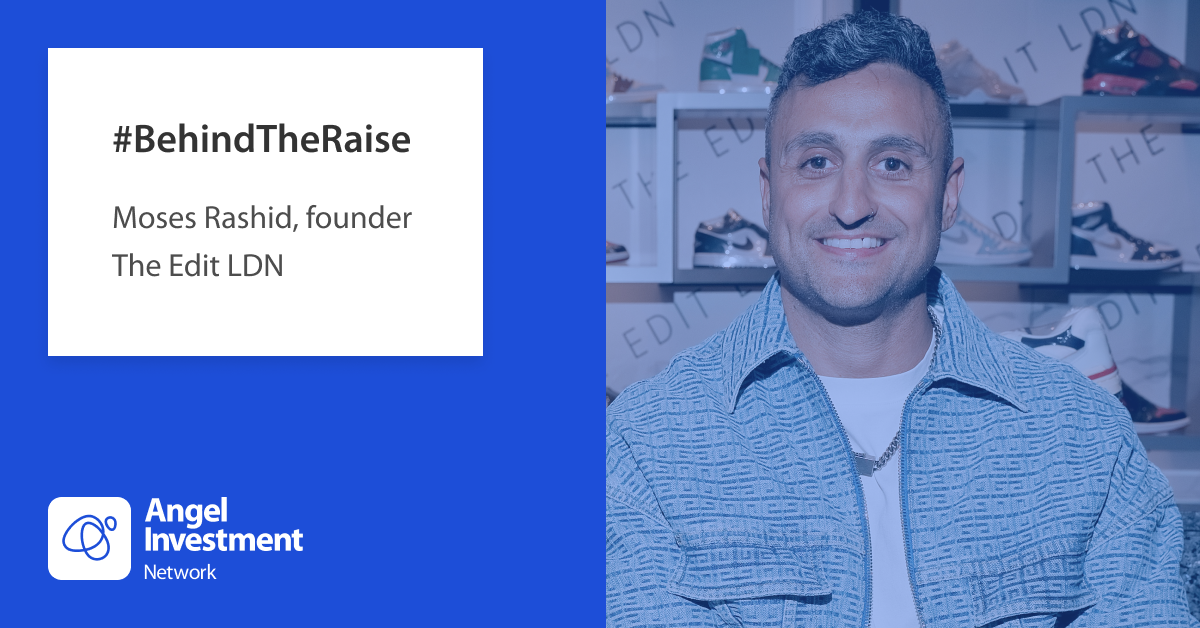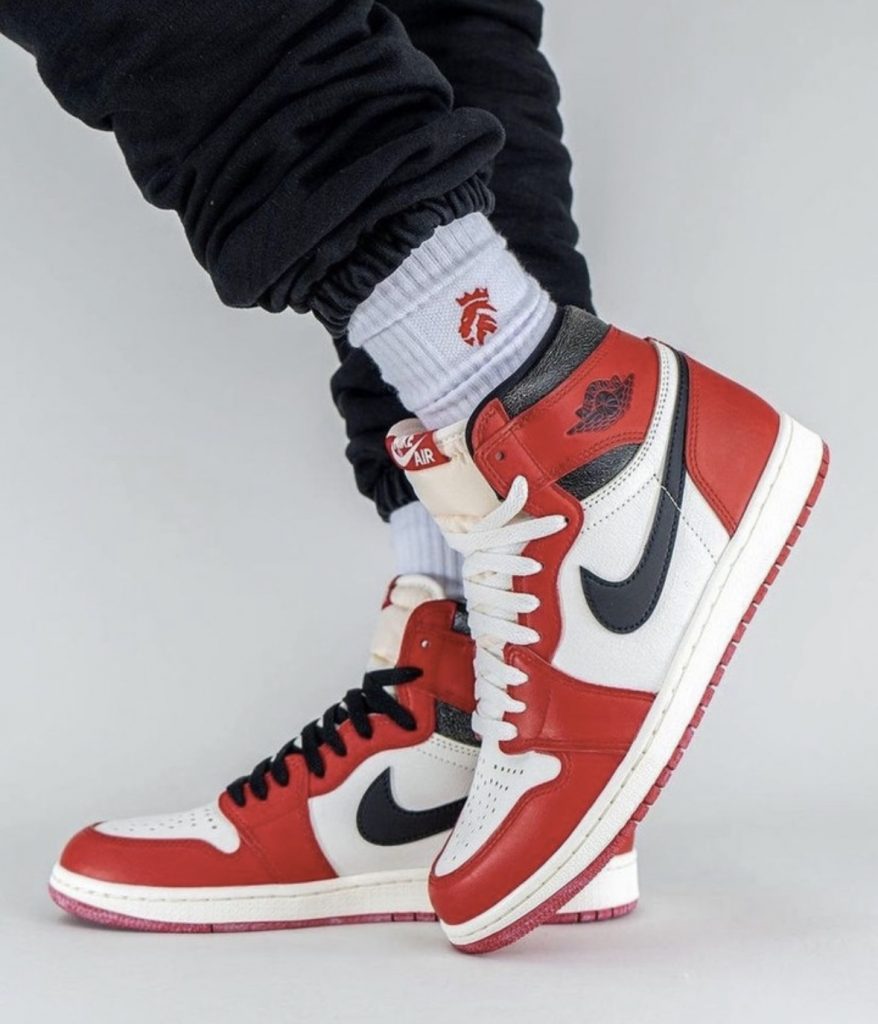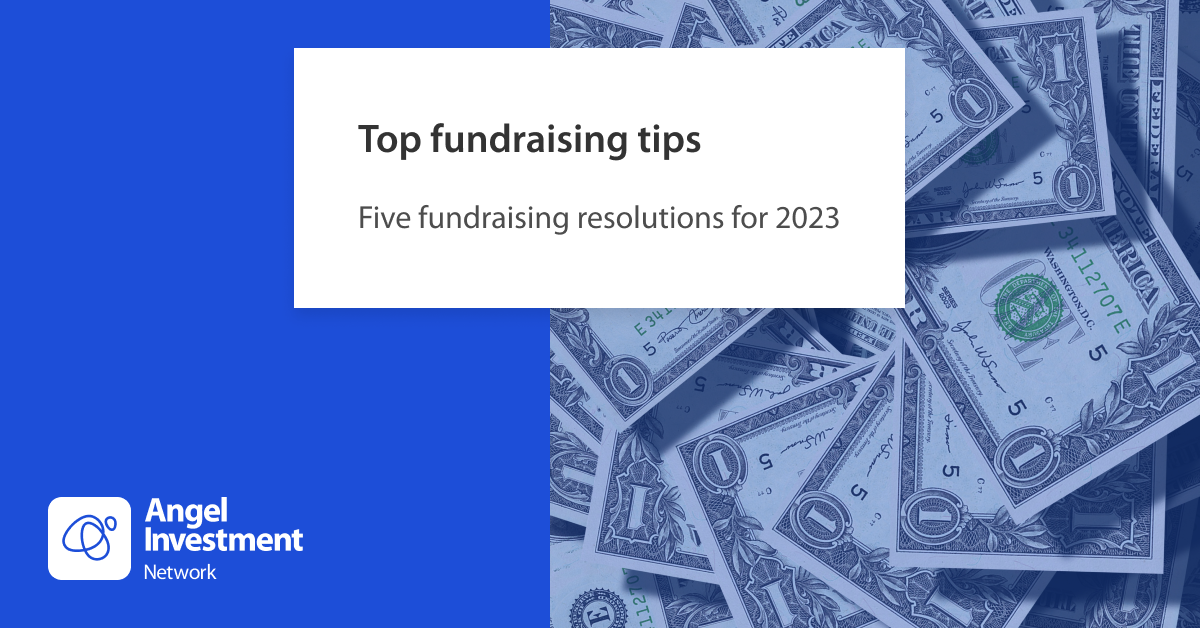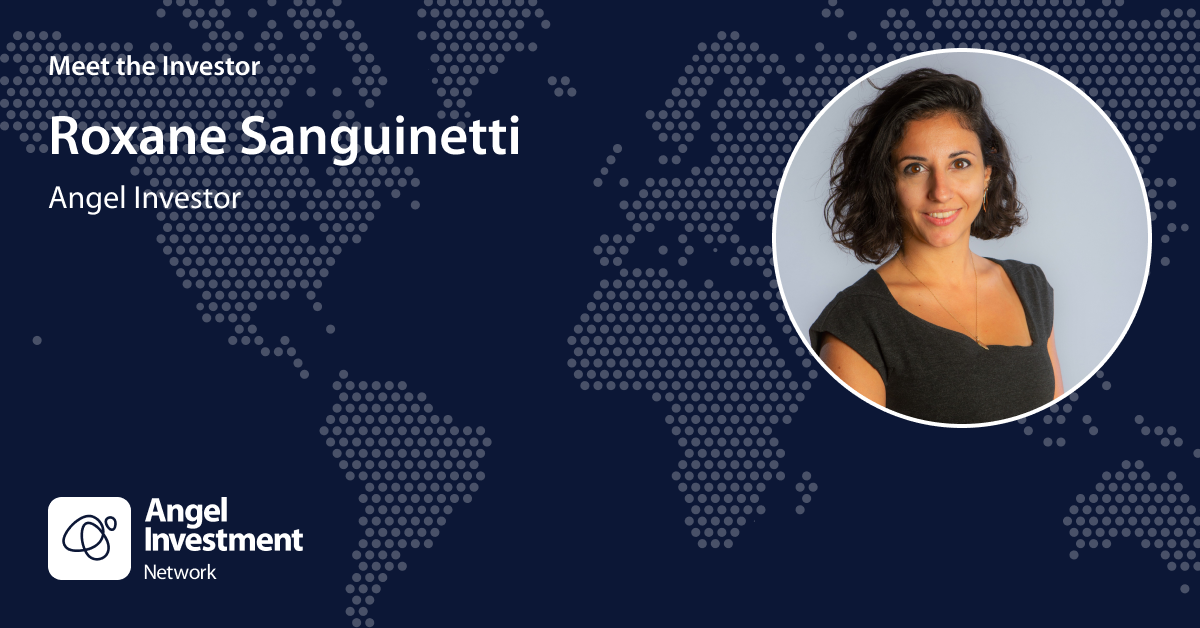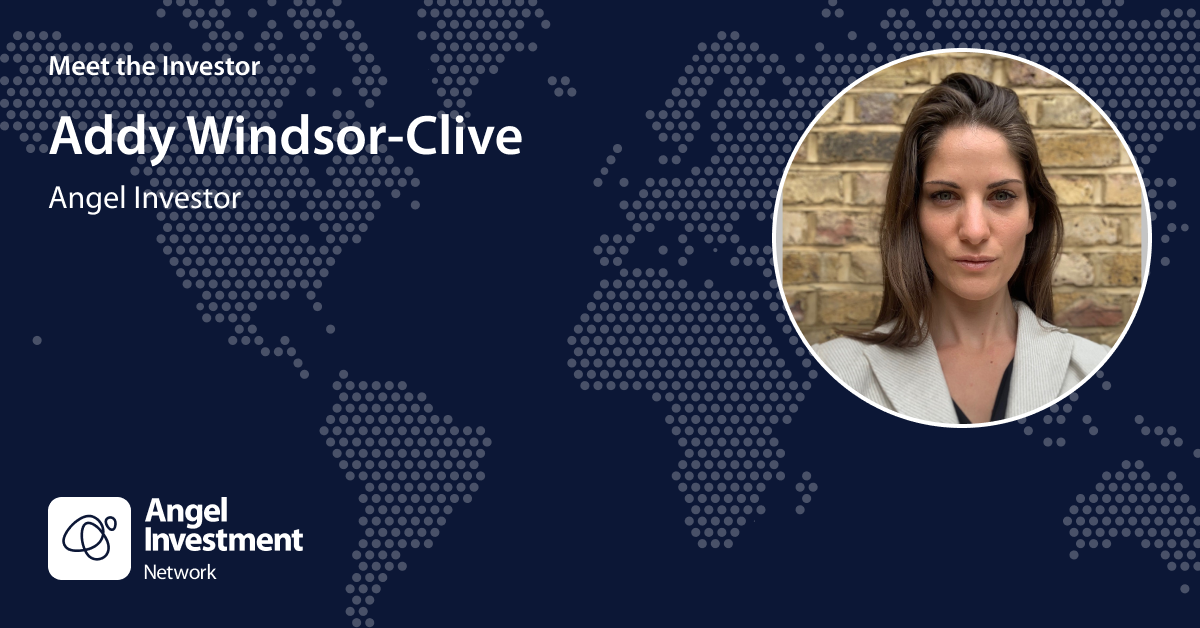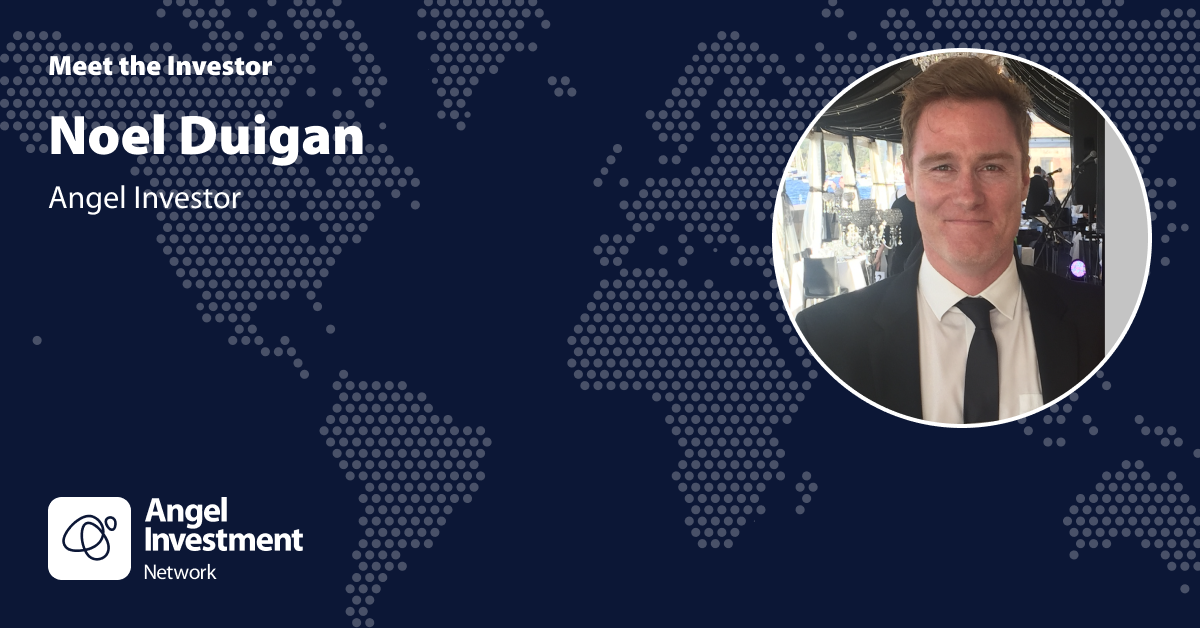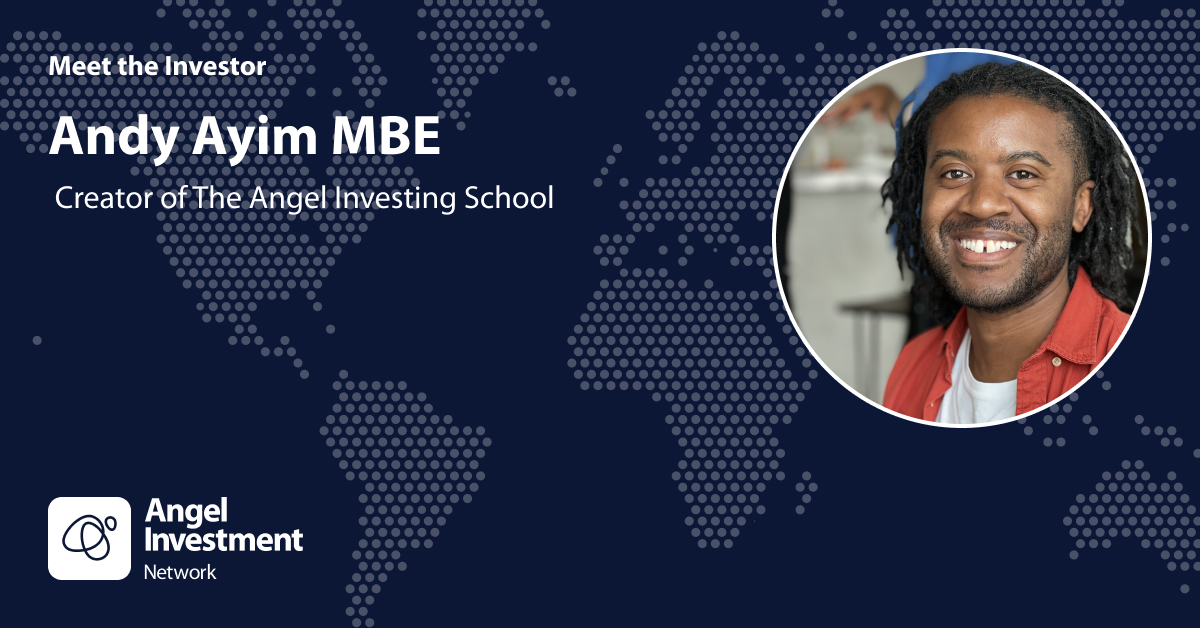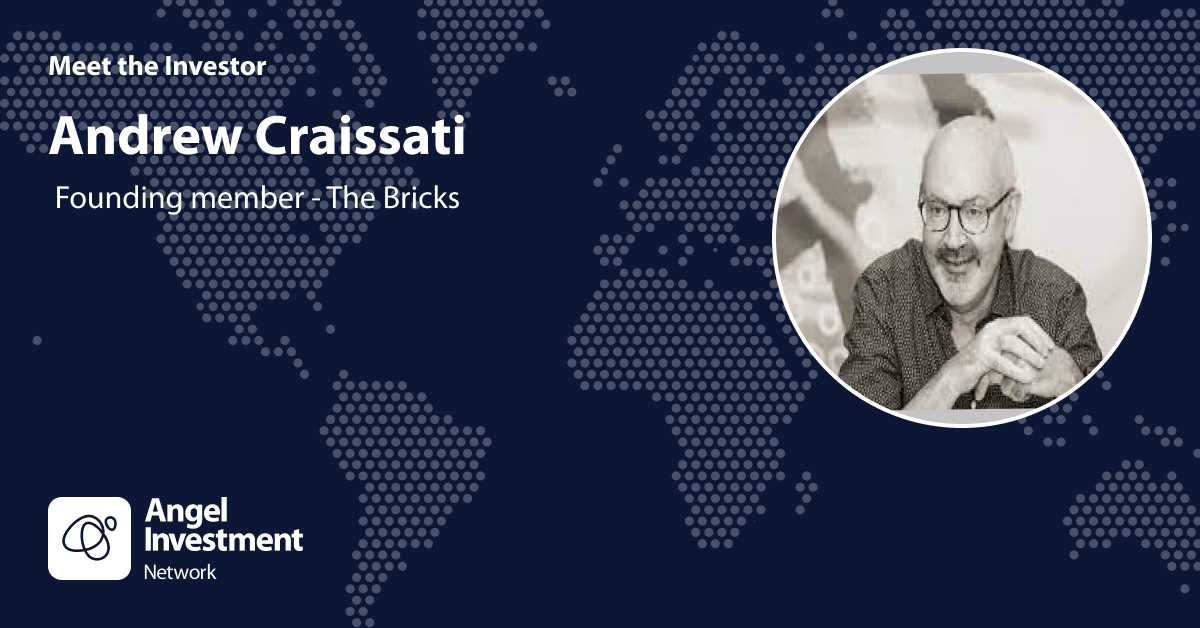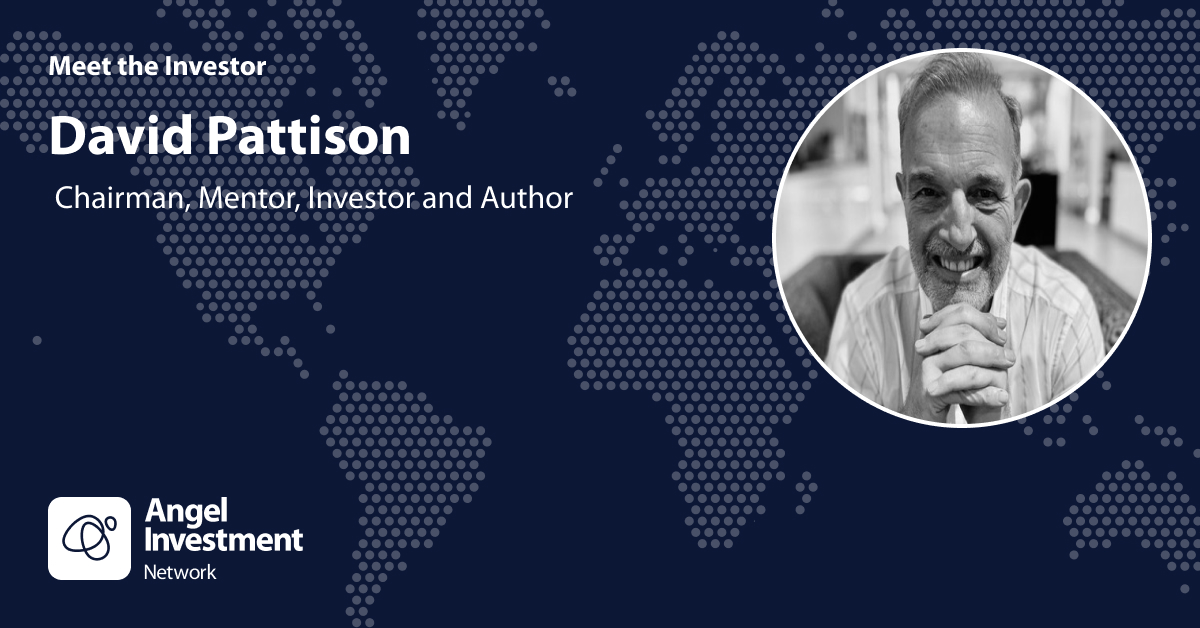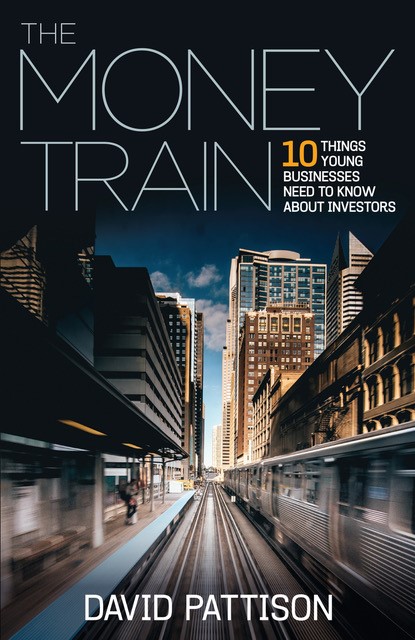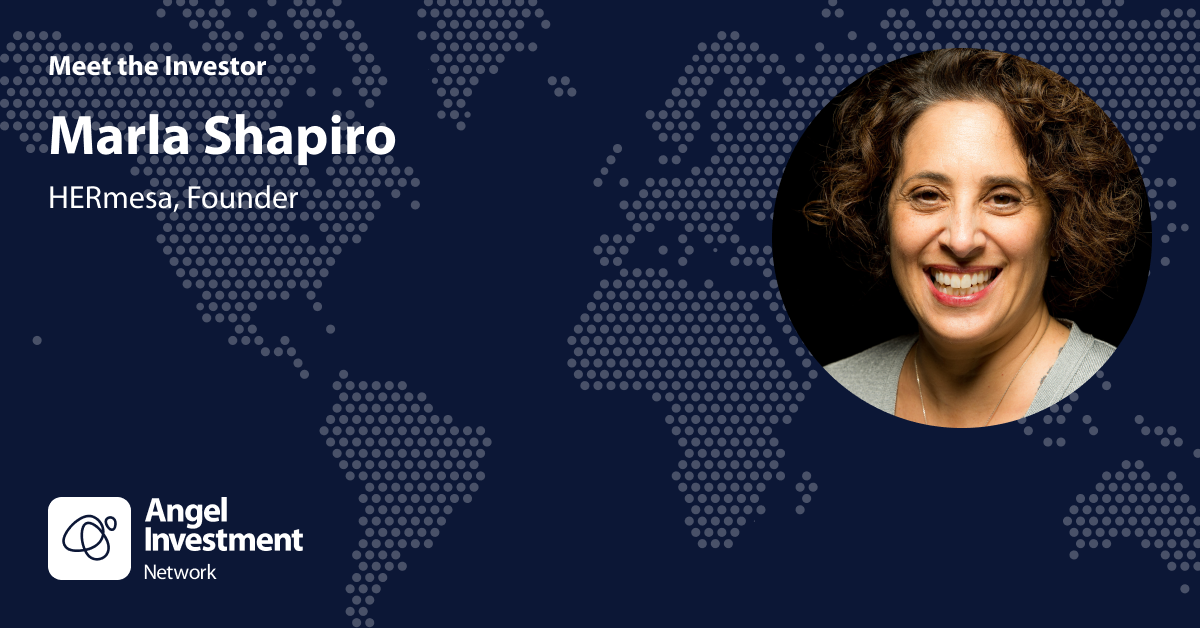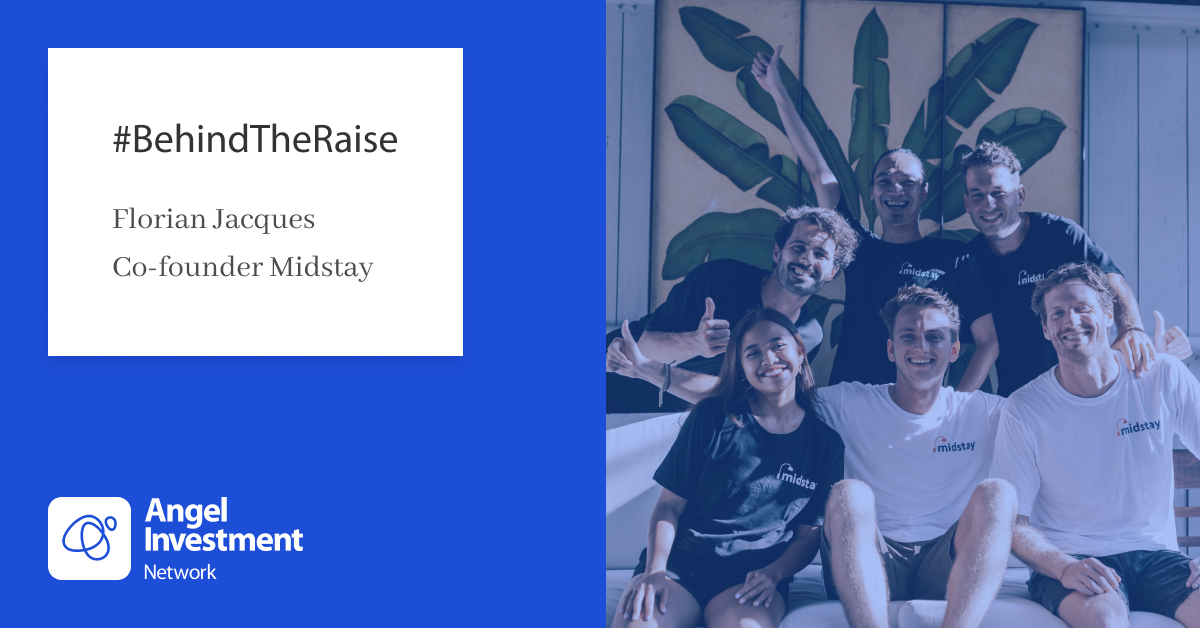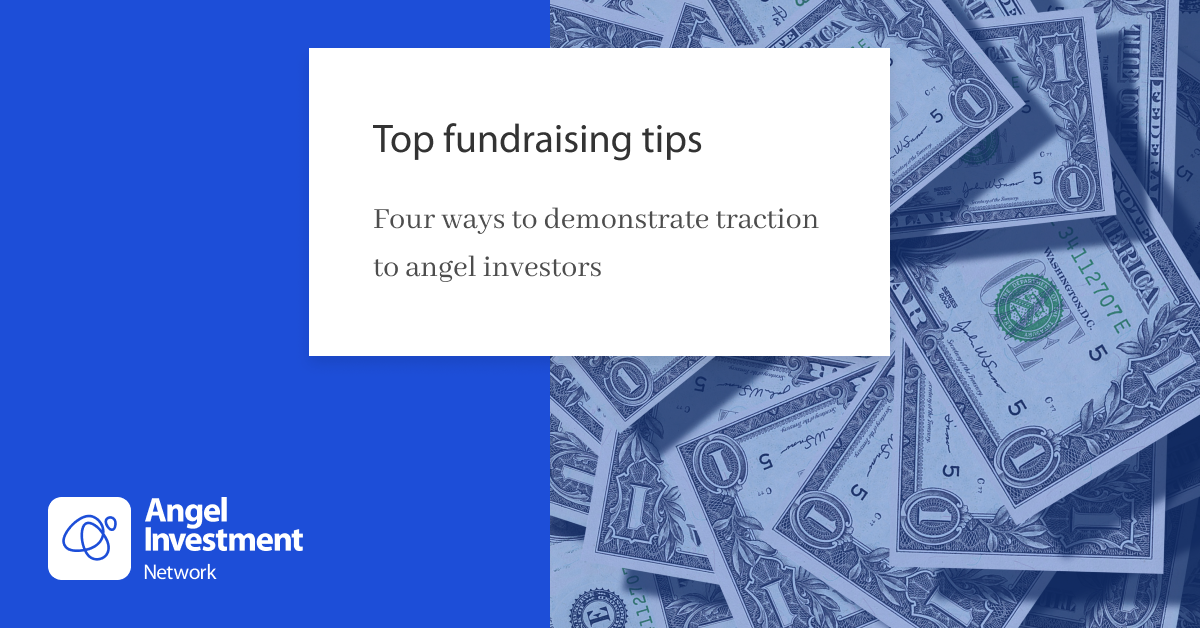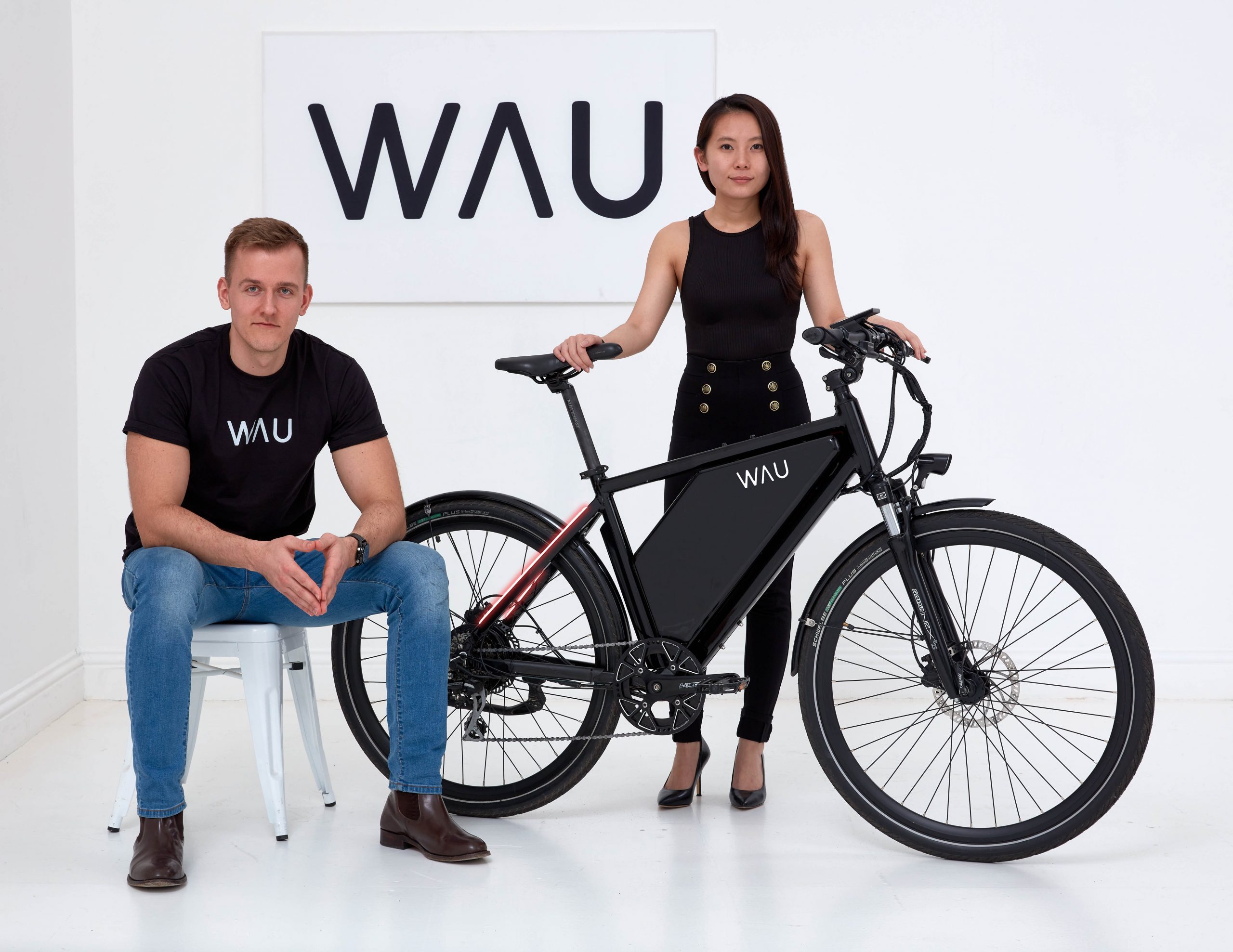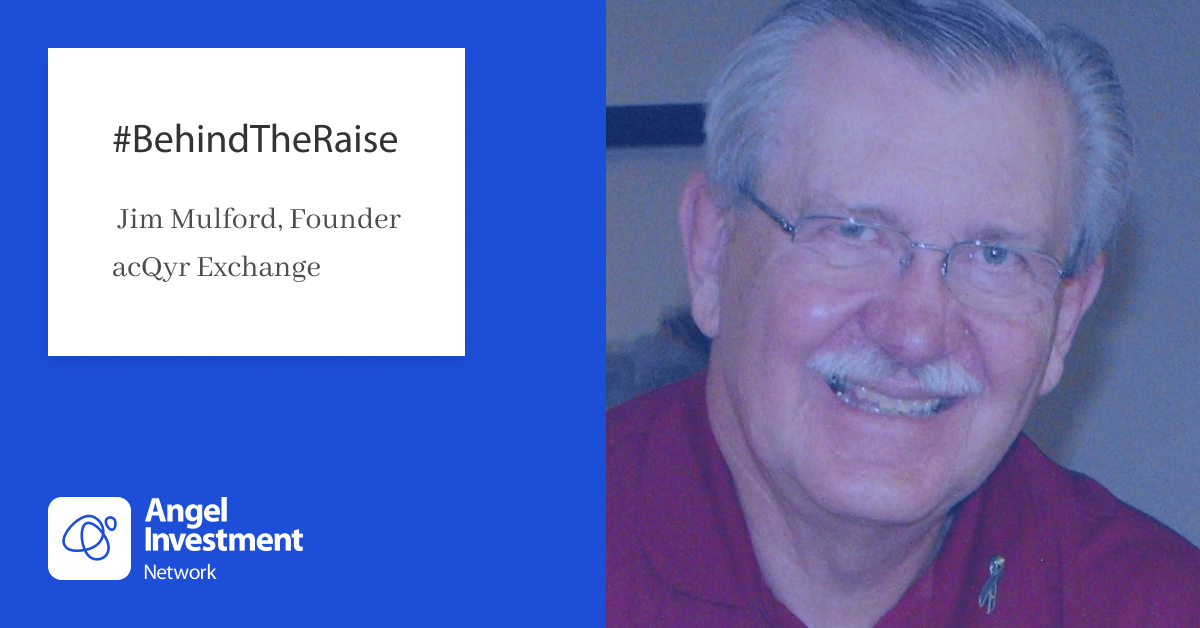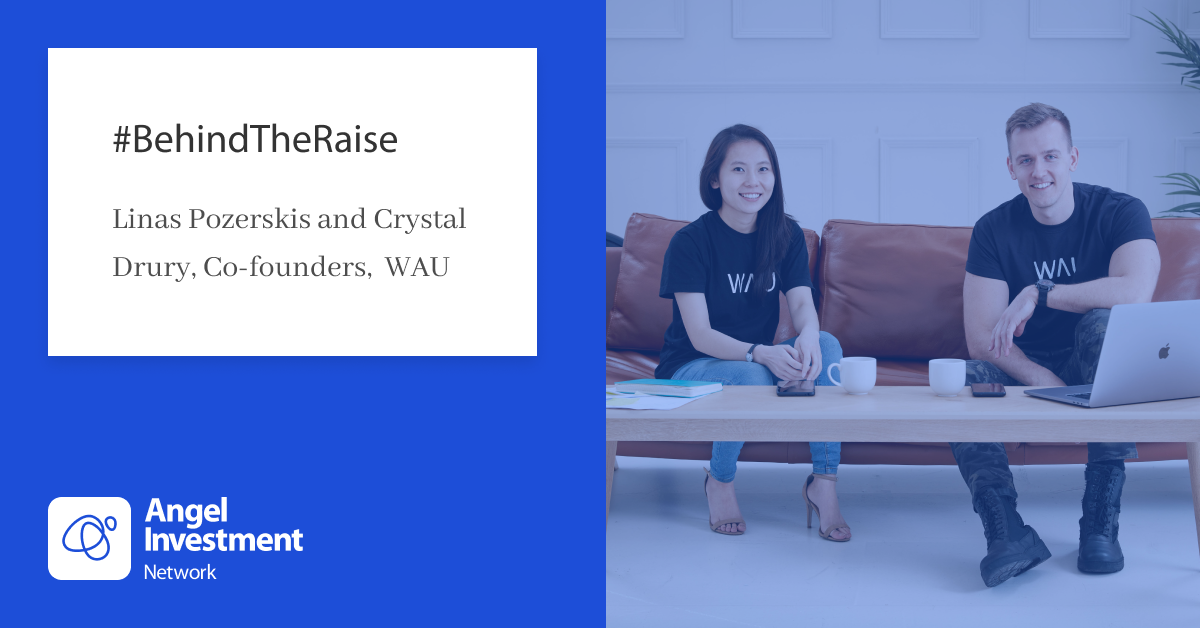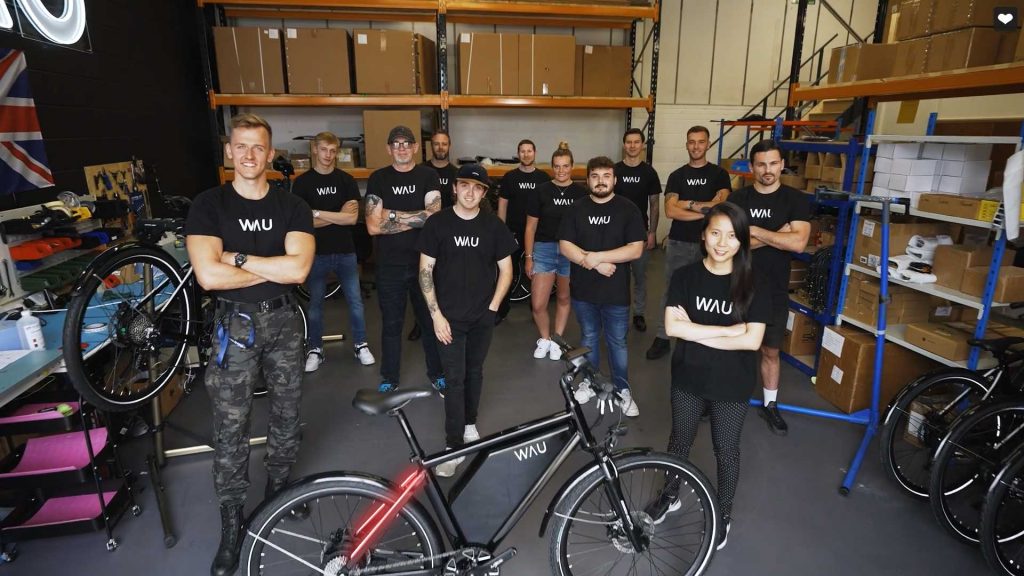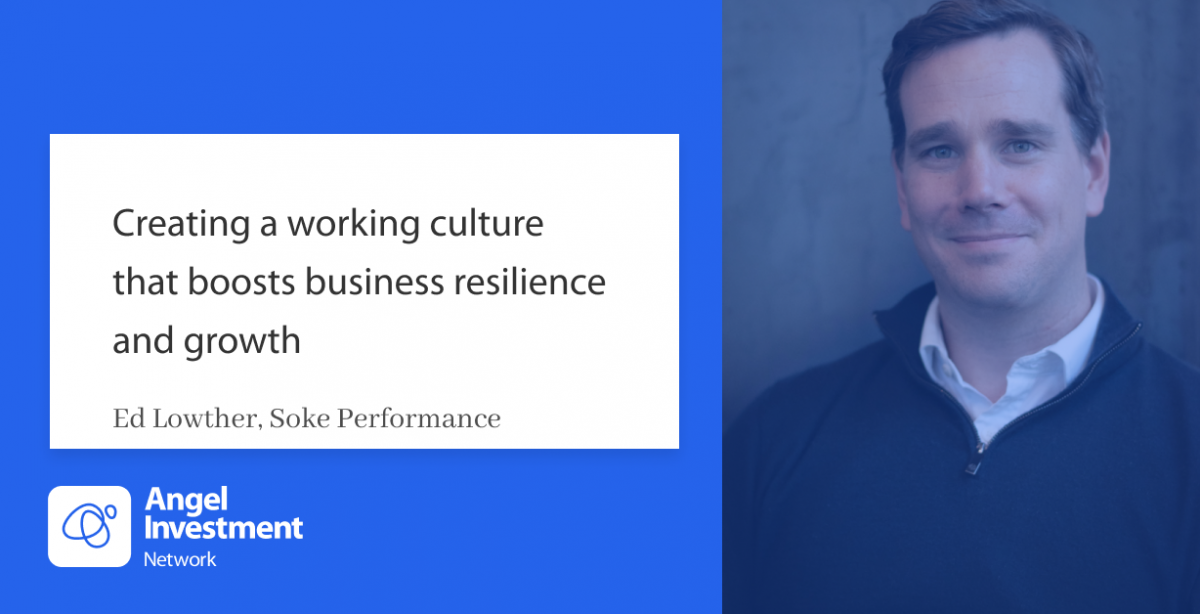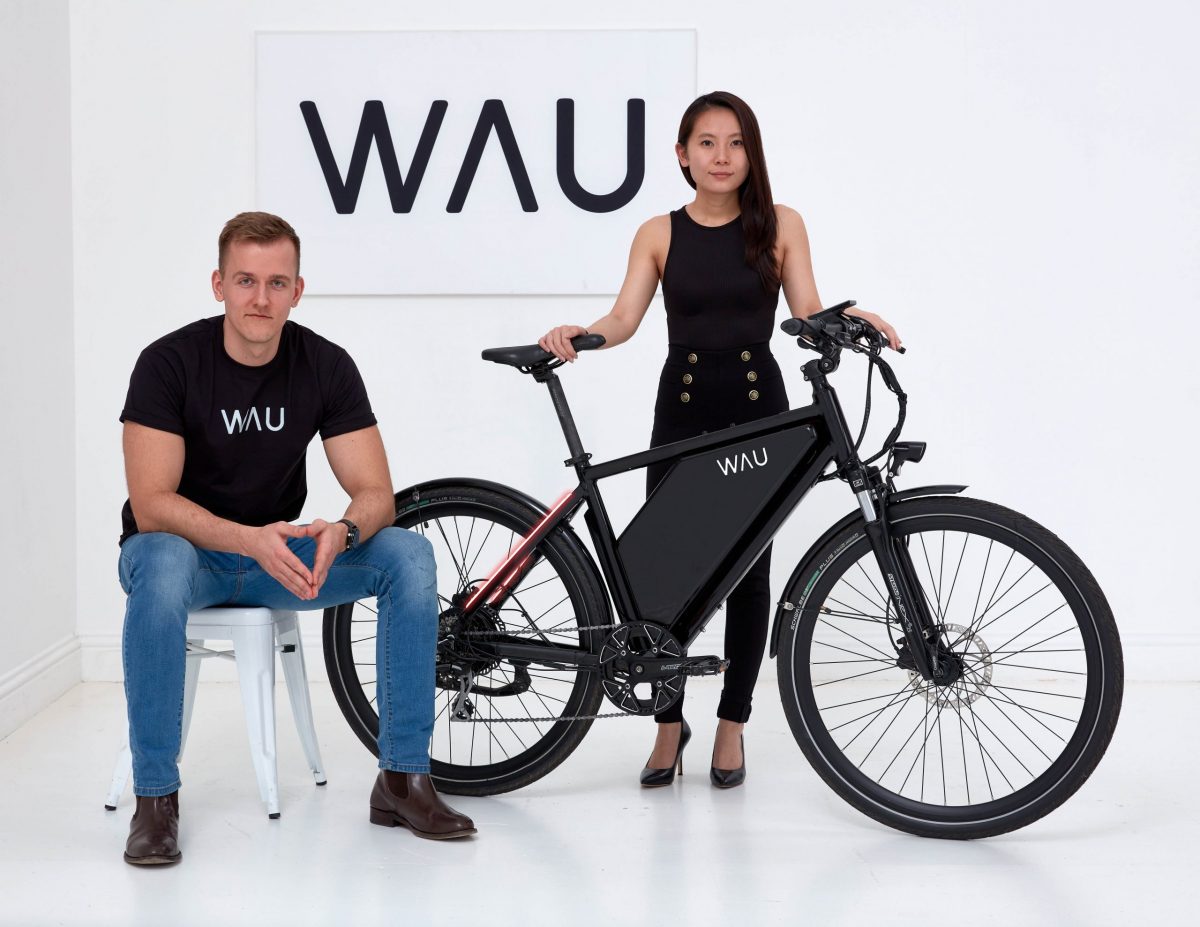Becoming an angel investor can be a hugely rewarding way of using your experience and capital to support innovative startups and potentially earn a return on your investment.
As this involves deploying your own personal capital this is of course, not something you want to tackle lightly. We’ve spoken to a series of experienced angel investors and investment experts to give you the low down. Here are their top tips for anyone considering the high octane game of backing early stage startups.
1) Educate yourself
Before going down this path, it is really worth taking the time and effort to learn about the startup ecosystem. Also learn about the different types of investments available, and crucially the characteristics of successful startups. This can include doing online research, reading books, attending conferences, and talking to other investors. It also means really understanding the minutiae of the various Government schemes to support investment like EIS and SEIS and their global equivalents. Particularly given there will be significant changes in April.
Great online resources include UK Trade body UKBAA , Seed Legals, US trade body the Angel Capital Association and the variety of international trade associations for angel investors as well as relevant websites such as Angel News. Of course not forgetting Angel Investment Network!
As well as the online route, there are a variety of books and ebooks on the topic. Experienced broker and director at AIV Capital and AIN Ed Stephens recommends ‘How to Invest in Technology Startups-Timeless Advice from an Angel Investor’ by experienced investor and entrepreneur Jason Calacanis.
There are also hundreds of global podcasts covering the world of angel investing in more detail with in depth interviews with founders and investors. Well regarded ones include Riding Unicorns, EU StartUps, Pitchdeck, StartUp Microdose, Desi VC.
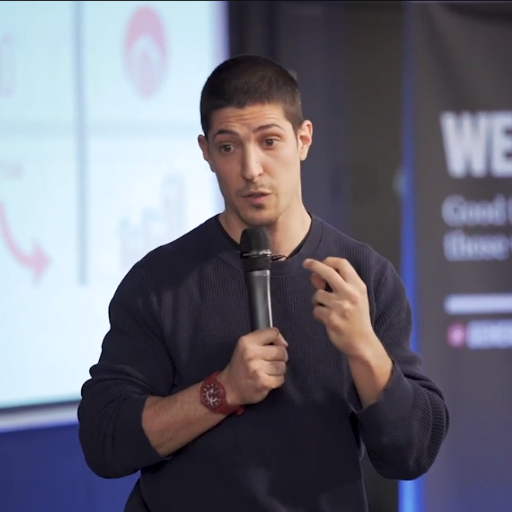
2) Define your investment strategy
Once you have educated yourself, it is crucial to then think about the types of startups you want to invest in, the amount of money you’re willing to invest, and how involved you want to be in the company’s operations. It is crucial to consider whether what you want to bring is a sector expertise that would lead your investment strategy or whether you will become more broad based.
According to Matthew Louis from the AIN brokerage team: “According to investors I speak with, I would say most investors are involved in 6-8 projects. However those more involved in specific industries tend to be 2 or 3. With F+B it tends to be broader. With software there will be more of a specific criteria.”
Having a broader base for your investments rather than a focused expertise can provide more opportunities for areas of passion, which can be a great motive. However it is imperative to not let this cloud any judgement in your cool headed investment strategy.
According to experienced investor Noel Duigan: “I think you really need to be paying attention to both the head and gut, I don’t tend to invest with my heart, at all. I will always look at the business case first to see the potential. If that checks the box and my gut is off then I pause and try to work out what the problem is. If I can’t find it, but still keep that feeling that something isn’t right, I don’t usually invest.”
3) Network
Building relationships with other investors, entrepreneurs, and industry experts is crucial for any investor in learning about new investment opportunities, conducting due diligence, and getting insights into the startup ecosystem. Angel Investment Network was set up as an online platform to shrink the globe and connect investors with the exciting businesses of tomorrow and others in the startup ecosystem. There are a variety of online and offline forums for meeting people in person.
Roxane Sanguinetti is an experienced investor who works with Alma Angels and is co-head of the London chapter of Women in ETF’s. She advises: “Ask loads of questions and ask for help from experienced angels – what do they look at? What questions do they ask during due diligence? From my experience, angel investing is a collaborative environment. I am yet to meet an angel who hasn’t been open to discussing their journey or their investments. As a first step, joining a community or a syndicate can be of great help for those who feel they need an organised structure. You get to ask your questions in a safe space and see dealflow more easily.”

4) Do your due diligence
Once you are at the point of backing a startup, doing due diligence on any startups is essential. Evidence suggests that investors who spend longer on DD get higher returns. Indeed UKBAA research has shown that at least 20 hours due diligence has a positive impact on the likelihood of a multiple investment return.
AIN has produced a series of check lists on how to do your due diligence. The key areas of focus should include the team and management, business, market, technology (if applicable), finance, tax and legal. Red flags should be front of mind at all stages. The more experienced you become the quicker you can spot them.
For Noel Duigan the founding teams’ experience or lack of it is key: “Often you are investing in the founders rather than the company. If the founders don’t have any skin in the game, that’s pause for consideration. Lack of traction in their space will often mean stalled growth and is a red flag.”
Meanwhile according to investor Addy Windsor-Clive: “Red flags include a pitch deck that isn’t in a suitable format, failing to cover the typical questions a VC would ask. Also not knowing their market size or having a product fit.”
5) Think how you can add value
Finally (and to slightly mangle a famous quote by JFK) an investor should ‘think not what a startup can do for you, but what you can do for the startup.’ As someone with experience in either building a business or some deep sector knowledge you can offer your invaluable knowledge to a startup building the next game-changing business.
Xavier Ballester, Director at Angel Investment Network’s Startup and Property Divisions has worked with hundreds of angel investors over the past 17 years. He says: “Over the years I have seen the different ways angel investors can bring more than money. This includes: Industry contacts, Industry know-how, business skills (many have been CFOs, CMOs), help with strategy and potentially other investors.”
Meanwhile according to Stephens: “Adding value as an advisor/angel is always complex – there have been many examples of angels adding considerable value. For example, someone I worked with helped an FMCG business, as he already had a company that runs one of the UK’s largest warehousing facilities for Ebay. So he helped with supply chain and logistics leveraging his existing assets. More broadly, investors should and normally do always make intros, roll up sleeves and much like charity trustees pitch in where their skillset permits.”
To summarise, if you are thinking about becoming an investor ensure you first educate yourself with the wide variety of online and offline resources. Next define your investment strategy based on your skillset andnetwork with others (in particular experienced angels). Once you are ready to invest, do your due diligence and really think about how you can add value.
Good luck!
Join the world’s largest angel investment network, where global angel investors meet the great businesses of tomorrow.








